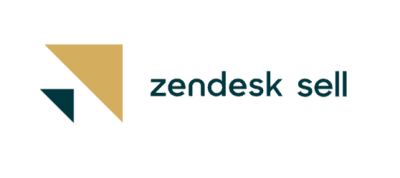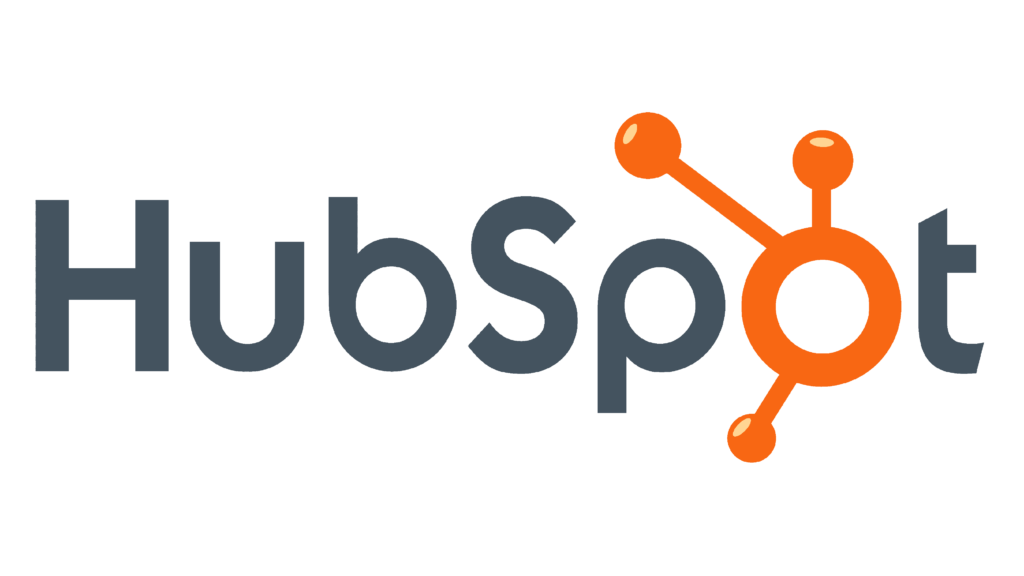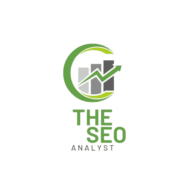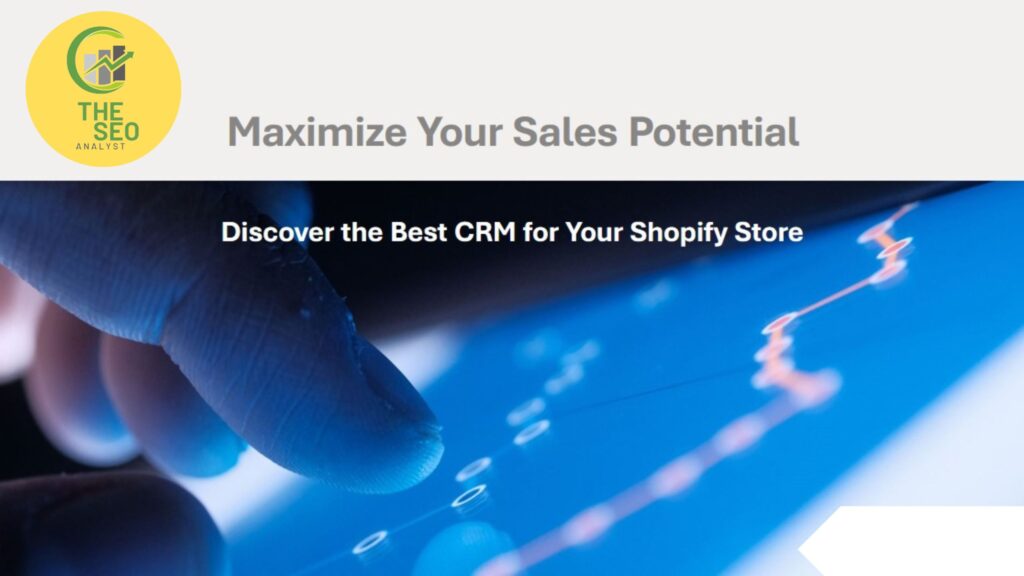- Best CRM Options for Shopify Integration
- Factors to Consider When Choosing a Shopify CRM Integration
- Conclusion
- Some Facts About the Best CRM for Shopify:
-
FAQs about Best Crm For Shopify
- What are the key features to consider when choosing the best CRM for Shopify?
- Which CRM options can be integrated with Shopify?
- What are the benefits of integrating a CRM into your Shopify store?
- Which CRM system is recommended for Shopify?
- What are some popular CRM options for Shopify?
- How can a CRM help Shopify businesses increase revenue?
Introducing the vital role of CRM systems for businesses in today’s landscape, backed by reports from industry experts. Discover the advantages of seamlessly integrating a CRM into your Shopify store and unlock new avenues of growth and efficiency.
Importance of CRM systems for growing and expanding businesses in the current environment
CRM systems are a must for businesses wanting to grow and expand in today’s environment. Integrating a CRM into a Shopify store has many advantages.
It provides a systematic way to manage customers and boost overall business performance. With CRM systems, businesses can track customer interactions, collect data and streamline sales.
Integrating a CRM into a Shopify store allows businesses to optimize their customer relationship management strategies. They can store contact info, purchase history and communication in one place. This gives them a comprehensive view of each customer’s journey. They can then tailor their marketing campaigns to them, personalize communication and improve customer satisfaction.
CRM systems also help businesses track and manage leads effectively. They use lead tracking tools to capture and analyze potential customer data throughout the sales process. This leads to more accurate sales forecasts and higher conversion rates.
CRM systems automate tasks, saving time and increasing efficiency. Automated workflows streamline data entry, follow-ups and lead nurturing. This frees up employees to focus on other activities while ensuring no leads or customer interactions are missed.
In summary, CRM systems are essential for businesses that want to grow and expand. They provide a systematic way to manage customers, gather data and improve business performance.
By integrating a CRM into a Shopify store, businesses can optimize their customer relationship management strategies, centralize data, monitor and manage leads, and automate tasks. This ultimately leads to increased growth and success.
Overview of the benefits of integrating a CRM into a Shopify store
Integrating a CRM into a Shopify store has many rewards for businesses aiming to grow and expand. A CRM helps organize customer data, enabling tailored interactions and improved customer service.
Plus, businesses gain insights into customer behavior, purchase history, and preferences. This allows them to customize their marketing strategies.
Implementing a CRM system also boosts communication and collaboration within the organization. It provides a centralized platform for sales, marketing, and support teams to access and update customer information in real-time.
Syncing a CRM with Shopify ensures data is seamlessly shared between the two platforms. This means manual data entry tasks can be avoided and errors reduced.
To sum up, integrating a CRM into a Shopify store improves customer service, enables targeted marketing, enhances communication, and streamlines data synchronization.
Best CRM Options for Shopify Integration
When it comes to integrating a CRM with your Shopify store, there are several top options available. In this section, we’ll explore the best CRM choices for Shopify integration.From Zendesk Sell and HubSpot CRM to Mailchimp, Freshmarketer, Metrilo, Agile CRM, and Salesforce, we’ll take a closer look at each of these platforms and their unique features. By understanding the benefits and capabilities of these CRM options, you can make an informed decision to boost your Shopify business.
Zendesk Sell
Zendesk Sell seamlessly integrates with Shopify, syncing customer data, order history and interactions. It provides comprehensive customer profiles to give businesses valuable insights.
Automation capabilities save time and ensure consistent communication. Advanced reporting and analytics help track sales, identify trends and make data-driven decisions.

The user experience is prioritized by providing seamless navigation through its intuitive interface.
Managing leads and tracking orders is made easier with easy-to-use features. It’s ideal for Shopify store owners who want to enhance business operations.
Businesses should customize the CRM system according to their needs. Automated workflows for lead nurturing and follow-ups ensure timely and personalized communication.
Integration with other marketing tools like Mailchimp or HubSpot CRM enhances sales and marketing efforts. By leveraging these integrations effectively, businesses can maximize ROI from Zendesk Sell as their CRM solution for Shopify.
HubSpot CRM: Effortless integration for Shopify success with customer relationship management.
HubSpot CRM
HubSpot CRM is a great option for businesses wanting to connect a CRM system to their Shopify store. Its user-friendly interface gives a smooth and simple user experience. It also integrates well with Shopify, helping keep customer data up-to-date and accessible.
One of its special features is automated lead generation and management, streamlining the process of capturing and nurturing leads. The reporting and analytics enable businesses to track performance and make decisions based on data.

In addition, HubSpot CRM lets businesses customize for individual customers. This lets them tailor interactions based on their preferences.
It also has automation features, such as email marketing automation and task automation, to save time on manual tasks.
It stands out because of its focus on inbound marketing strategies. It provides tools to attract, engage and delight customers.
So, if you’re looking for a CRM to integrate with your Shopify store, HubSpot CRM is a great choice. It has user-friendly interface, Shopify integration, automated lead generation, reporting, customization and automation features. Mailchimp is another good option for those seeking “superpowers” with their Shopify CRM integration.
Mailchimp
Mailchimp brings forth strong email marketing tools, enabling companies to make and dispatch custom-made email campaigns to their clients.
Using Mailchimp, firms can monitor customer engagement metrics such as open rates and click-through rates, aiding them in examining the efficacy of their marketing activities.

Additionally, Mailchimp supplies automated workflows and segmentation features, helping businesses target precise groups of customers based on their activity or demographics.
Moreover, a remarkable attribute provided by Mailchimp is its integration with other popular e-commerce platforms. This allows businesses to sync customer data smoothly across various channels.
This aids in offering a comprehensive outlook of customers’ interactions and empowers more informed decisions for business expansion.
Freshmarketer
Freshmarketer is a CRM solution for Shopify integration that offers a range of advantages. It enables customer segmentation, email marketing automation and A/B testing. This helps businesses to optimize their marketing strategies.

Freshmarketer stands apart from other CRM options with additional features like session replays and heatmaps. These features provide businesses with insights into customer behavior, so they can make data-driven decisions and improve their marketing performance.
An example of the benefits of Freshmarketer is an online clothing store. They integrated it into their Shopify store. Through segmenting their customer base and sending targeted email campaigns, they increased engagement and conversions.
Ultimately, this led to increased sales and growth for their business.
Metrilo
Metrilo is the superhero of Shopify integrations – ready to save your business from customer relationship chaos! It offers a range of advantages, like in-depth customer insights. It allows businesses to track and analyse customers’ behaviour throughout their journey.
Analyse this data to identify trends and patterns to tailor marketing strategies and product recommendations to individual customers. This personalized approach improves the user experience, plus leads to repeat purchases and loyalty.

Metrilo also has advanced segmentation capabilities. Segment customers into different groups based on demographics, purchase history or engagement level. This segmentation enables targeted marketing campaigns tailored to each group’s needs and preferences. Send relevant content and promotions to specific segments – this will maximize marketing efforts and increase conversion rates.
Agile CRM
Agile CRM is a powerful tool. It offers features for managing customer relationships. Contact management, email marketing, and sales automation help businesses streamline processes and increase revenue.
Advanced analytics and reporting allow businesses to gain insights into customer behavior and personalize marketing campaigns. This leads to higher conversion rates and customer satisfaction.

Agile CRM integrates with Gmail, Google Calendar, and social media. This centralizes communication channels and streamlines operations. Shopify users will benefit most from Agile CRM as it seamlessly integrates with the platform.
The user-friendly interface and extensive functionality make it the perfect choice for growing online retailers.
When setting up Agile CRM for Shopify, take advantage of the automation capabilities. Automate lead nurturing and follow-ups to save time and ensure consistent communication with customers.
Agile CRM is an ideal tool for businesses wanting to improve their customer relationship management and drive their sales and marketing further.
Salesforce
Salesforce is a leading CRM option for Shopify integration. It has a lot to offer, like powerful tools for customer relationship management, streamlined sales processes, and enhanced overall performance. Its user-friendly interface and extensive features make it a great asset for businesses optimizing their Shopify stores.

Salesforce stands out for its range of features. It offers robust CRM capabilities, advanced sales automation, marketing automation, and comprehensive analytics.
Plus, it’s scalable and integrates easily with third-party applications. Plus, it can be customized to suit specific industries. Salesforce is one of the most reliable CRM options available, making it perfect for Shopify integration.
Choosing the right Shopify CRM integration is like finding a partner – it should be dependable, customizable, and able to handle your business’s needs.
Factors to Consider When Choosing a Shopify CRM Integration
When you choose a Shopify CRM integration, there are many things to think about.
These can all really influence the success of your online shop and help you handle customer relationships.
- Integration Options: Make sure the CRM system smoothly connects with your Shopify platform. This will guarantee that all customer info is in sync on both platforms, allowing you to manage and analyse it well.
- Feature Set: Check the CRM integration’s features and functions. Look for segmentation, order tracking and automation capabilities – they can boost your ability to reach and engage customers.
- Scalability and Flexibility: Choose an adaptable CRM integration. Look for ones with customizations and integrations with other tools or apps – they will let your business grow.
- Training and Support: Check the CRM integration provider has comprehensive training and support options. This will help you get the most out of the CRM and fix problems in the future.
Also, look out for the special qualities a certain CRM integration may have. For example, some might offer advanced analytics and reporting, and others might have built-in marketing automation. These extra details can give you valuable information and improve your overall CRM strategy.
To get the best CRM integration for your Shopify store, make sure it meets your business needs. Prioritize integration options and make sure the CRM can perfectly link up with your existing Shopify platform.
Plus, pick a CRM with a great feature set to help you manage and connect with customers. Finally, look for scalability and flexibility in the CRM integration – that way you can change and expand your business in the future.
Conclusion
Ultimately, it’s vital to pick the best CRM for Shopify. It’ll support businesses to optimize sales and customer interactions. The right CRM will help manage customer info, track sales activities, and improve customer experience.
It’ll streamline processes like order management, inventory tracking, and customer support, making operations more productive and customers more satisfied.
Integration capabilities are key because the best CRM for Shopify should integrate perfectly with the platform. This ensures data synchronization and real-time updates, providing a single view of customer data.
Businesses can then use personalized marketing strategies, targeted campaigns, and upselling opportunities.
Reporting and analytics features are also important for CRM for Shopify. These tools provide info on customer behavior, purchase patterns, and sales trends.
By making data-driven decisions, businesses can meet customer needs and measure the success of marketing campaigns with customizable dashboards and advanced reporting capabilities.
In short, it’s essential to choose the best CRM for Shopify to stay competitive in e-commerce. With a CRM that integrates smoothly, provides comprehensive features, and empowers data-driven decision making, businesses can improve customer relationships, increase sales, and drive growth.
Some Facts About the Best CRM for Shopify:
- ✅ Shopify CRM integration is essential for growing and expanding businesses. (Source: Team Research)
- ✅ CRM systems offer marketing automation tools that streamline marketing campaigns and increase conversion rates. (Source: Team Research)
- ✅ Access to analytics helps businesses improve sales processes and make data-driven decisions. (Source: Team Research)
- ✅ CRM systems help businesses keep track of customer interactions and personalize communication. (Source: Team Research)
- ✅ Each CRM option has its own key features and benefits, so businesses should choose based on their specific needs and budget. (Source: Team Research)
FAQs about Best Crm For Shopify
What are the key features to consider when choosing the best CRM for Shopify?
When choosing the best CRM for Shopify, it is important to consider features such as Shopify integration, integration with other tools, task automation, and ease of use. These features will help streamline your marketing, sales, and customer service efforts, leading to increased revenue.
Which CRM options can be integrated with Shopify?
Some CRM options that can be integrated with Shopify include Nutshell, Zendesk Sell, SendInBlue, Agile CRM, HubSpot CRM, Metrilo, Capsule CRM, ActiveCampaign, and Ontraport CRM.
These CRM systems offer various features and benefits to help manage customer relationships, track sales, and automate marketing tasks.
What are the benefits of integrating a CRM into your Shopify store?
Integrating a CRM into your Shopify store can provide several benefits, including automating tasks, logging customer interactions and purchase history, filtering customers based on specific attributes, saving time with email automation, identifying customer journey bottlenecks, and improving customer experience. These benefits ultimately lead to increased revenue and customer satisfaction.
Which CRM system is recommended for Shopify?
Nutshell is a recommended CRM option for Shopify. It offers contact management, email automation, and reporting features that can help streamline your marketing, sales, and customer service efforts. Nutshell is accessible through the Shopify app store, making it easy to integrate into your Shopify store.
What are some popular CRM options for Shopify?
Some popular CRM options for Shopify include HubSpot CRM, Salesforce, Zoho, Sendinblue, Zendesk Sell, Freshworks, and Drip. These CRM systems offer a range of features and pricing options to suit different business needs and budgets.
How can a CRM help Shopify businesses increase revenue?
A CRM can help Shopify businesses increase revenue by streamlining marketing, sales, and customer service efforts. It provides tools for automating tasks, logging customer interactions, personalizing communication, and analyzing data.
With these capabilities, businesses can improve their marketing campaigns, convert more leads into sales, and provide better customer experiences to encourage repeat purchases and customer loyalty.

A prominent SEO and Business Analyst with 5+ years of experience helping businesses achieve growth



